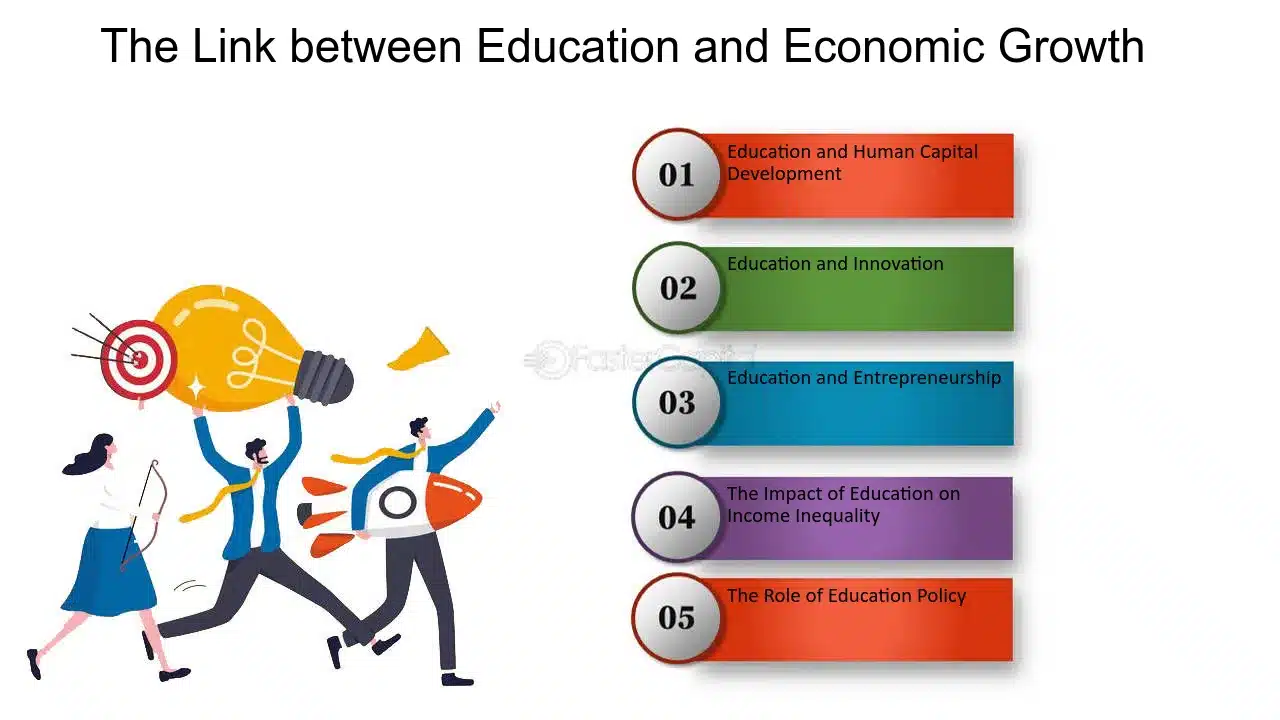Impact of US Economic Challenges on Education Loan Companies and Job Security

India’s education loan sector is experiencing significant challenges due to the Trump administration’s stringent immigration policies. With the United States accounting for a substantial portion—between 50% and 75%—of education loan disbursements, many lenders are witnessing a slowdown in business as prospective students reconsider their plans to study in the U.S. This shift is prompting lenders to tighten their assessment criteria, focusing on applicants with strong profiles and admissions to top-tier universities. The political climate and fears of a potential recession in the U.S. are raising concerns about borrowers’ ability to repay their loans, further shrinking the pool of candidates seeking U.S. education loans.
Loan Approval Rates and Market Adjustments
As the demand for U.S. education loans declines, companies like InCred Finance report a dramatic drop in inquiries and applications—down by half compared to the previous year. Nilanjan Chattoraj, director of education loans at InCred Finance, highlighted that the industry is already experiencing a 50% decrease in U.S. business, with expectations of further declines if anti-immigration policies persist. The potential cessation of programs like Optional Practical Training (OPT) and STEM OPT could lead to a significant reduction in interest for U.S. courses.
While lenders are still approving loans for U.S. education, the approval rates have become more stringent. Akshay Chaturvedi, founder and CEO of Leverage, noted that lenders are increasingly factoring in perceived immigration risks and uncertainties regarding the return on investment for students. This cautious approach has led to a rise in inquiries about transferring credits to universities in alternative countries, as students seek backup plans amidst the shifting landscape.
Alternative Destinations for Indian Students
Despite the challenges posed by U.S. immigration policies, students are exploring other countries for their education. Nations like the United Kingdom, Australia, and Canada are emerging as attractive alternatives for Indian students. This shift may provide some relief to Indian education loan companies, as they adapt to changing market dynamics.
Industry executives are preparing to implement regulatory models that allow for loan restructuring and payment recovery. The Reserve Bank of India (RBI) has provisions for such flexibility, which may become increasingly necessary as more students face the possibility of returning home without completing their studies or securing employment. Currently, only 1-2% of students have required loan restructuring, but this figure is expected to rise to 5% as the situation evolves.
Declining International Student Enrollments in the U.S.
The impact of these immigration policies is evident in the declining enrollment of international students in the U.S. A report by the Associated Press indicated that at least 901 students from various countries had their visas revoked or legal status terminated since mid-March. Overall, international student enrollments in the U.S. fell by 11% between March 2024 and 2025, with Indian enrollments dropping by 28% during the same period.
As Indian students increasingly consider studying abroad, countries like the UK are positioning themselves as viable options. This trend reflects a broader shift in the global education landscape, as students seek opportunities that align with their academic and career aspirations while navigating the complexities of immigration policies.
Observer Voice is the one stop site for National, International news, Sports, Editor’s Choice, Art/culture contents, Quotes and much more. We also cover historical contents. Historical contents includes World History, Indian History, and what happened today. The website also covers Entertainment across the India and World.

